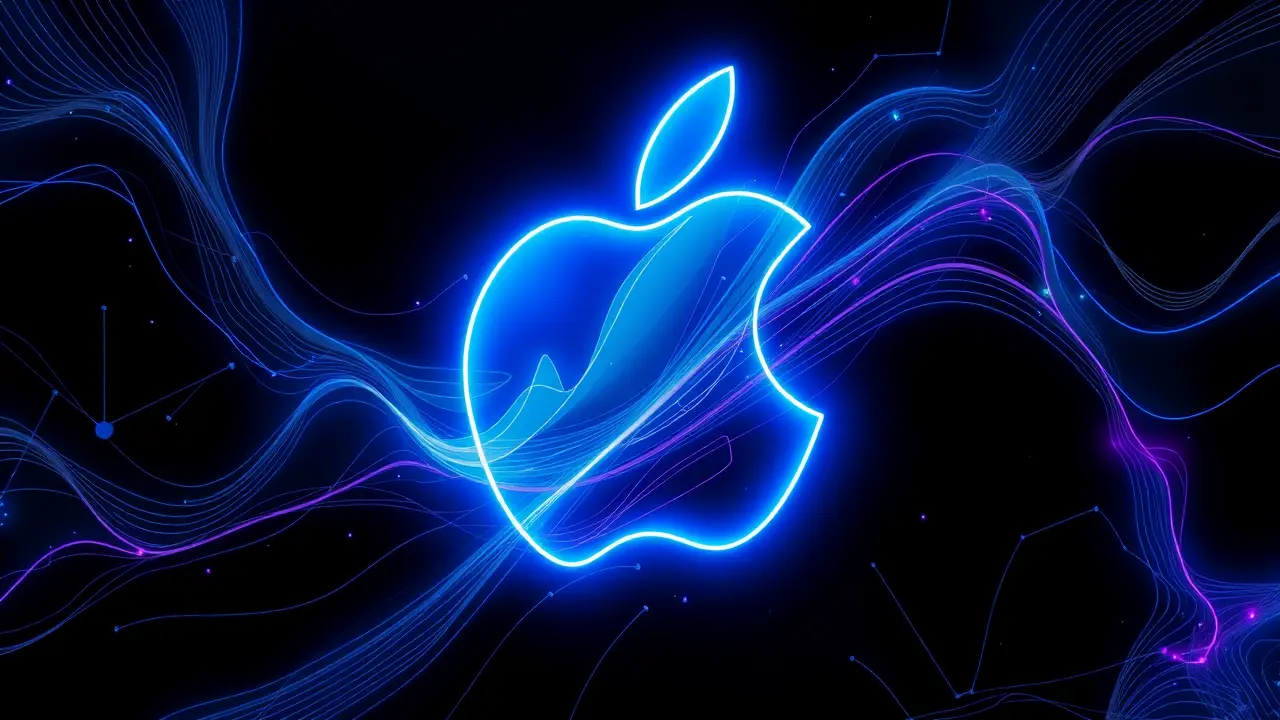Apple AI Executive Joins Meta Amid Siri Revamp Concerns
The departure of AI executive Yang from Apple to Meta represents far more than a simple personnel change; it is a seismic event in the artificial intelligence landscape, signaling a critical vulnerability in Apple's long-heralded strategy to revitalize its Siri platform. This move is the latest in a concerning exodus from Apple's AI division, a brain drain that places the company's ambitious March Siri revamp in serious jeopardy, forcing industry observers to question whether the tech giant has lost its innovative edge in the very field it helped popularize with the smartphone.For years, Siri has languished as a digital antiquarian in a world increasingly dominated by the conversational fluency of large language models from OpenAI and Google, a testament to Apple's cautious, privacy-first approach that now risks leaving it permanently behind. The internal dynamics at play are complex; Apple's renowned culture of secrecy and its vertically integrated development process, while successful for hardware, may be stifling the rapid iteration required for cutting-edge AI, creating an environment where top talent feels constrained and seeks more open, research-driven environments like those cultivated at Meta's FAIR lab.Yang's defection is particularly telling, as it follows a pattern of key architects leaving at a moment when their expertise is most needed to integrate generative AI capabilities into the very fabric of iOS, a task akin to retrofitting a jet engine onto a commercial airliner mid-flight. The consequences of this talent hemorrhage are not merely theoretical; a delayed or underwhelming Siri overhaul could irrevocably cede the AI assistant battleground, transforming the iPhone's most iconic feature from a pioneering innovation into a legacy artifact.This scenario invites historical parallels to other tech giants that faltered at pivotal moments—Nokia's inability to adapt to the touchscreen era, BlackBerry's dismissal of the app ecosystem—where corporate culture and strategic inertia prevented necessary evolution. Expert commentary from AI researchers suggests that Apple's foundational advantage in on-device processing and its immense installed base remain powerful assets, but these are meaningless without the visionary talent to leverage them into a coherent, compelling user experience.The broader context is a hyper-competitive war for AI supremacy, where Meta is aggressively acquiring both technology and human capital to bolster its own open-source AI ambitions, making Apple a prime target for recruitment. As we approach the March deadline, the industry watches with bated breath, not just for a new version of Siri, but for a signal of whether Apple can still execute the kind of software-led paradigm shift that once made it the most valuable company in the world, or if this marks the beginning of a slow decline into hardware commoditization, forever chasing the AI future it failed to seize.
It’s quiet here...Start the conversation by leaving the first comment.
